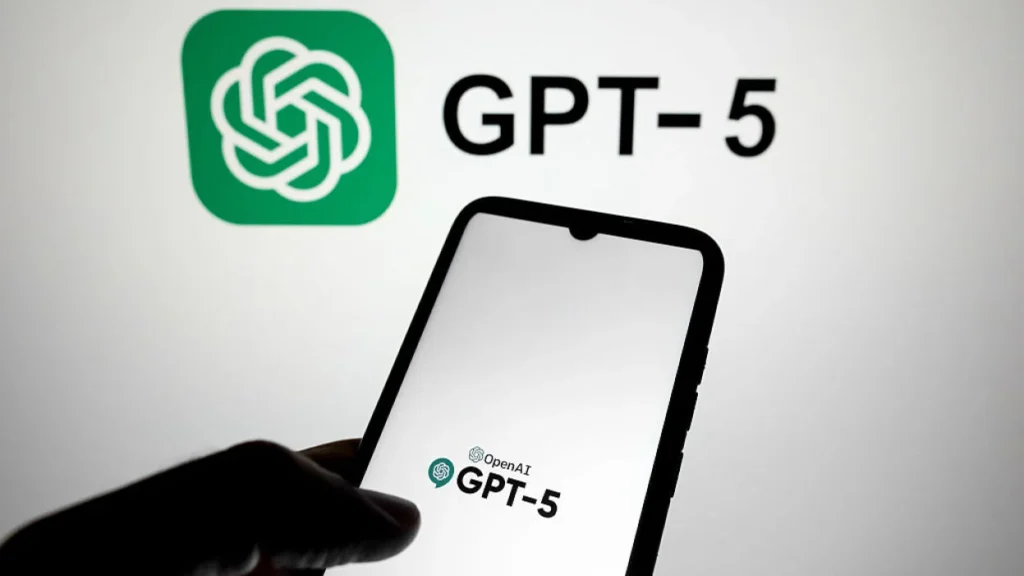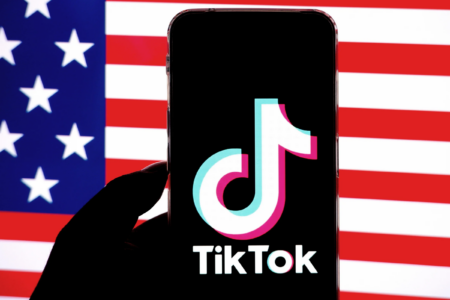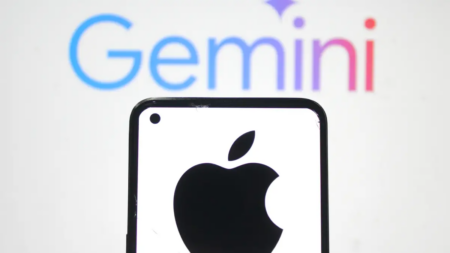OpenAI has made swift adjustments to GPT-5 tone, just weeks after its release, in response to widespread user feedback.
The company confirmed via a post on X that GPT-5 is being updated to sound “warmer and friendlier”, addressing complaints that the model felt too formal and emotionally distant.
Why GPT-5 Tone Is Changing
Since its launch earlier this month, GPT-5 has faced criticism from ChatGPT power users who described the model as cold, robotic, and less engaging than previous versions.
In response, OpenAI is introducing subtle conversational cues—such as phrases like “good question” or “great start”—to make interactions feel more natural and approachable.
However, OpenAI clarified that the changes are not meant to encourage flattery or sycophantic behavior, which had been a concern with earlier models like GPT-4o.
GPT-5 vs GPT-4o: User Frustrations and Feature Rollbacks
The rollout of GPT-5 also coincided with OpenAI temporarily removing access to older models like GPT-4o, sparking backlash among users who preferred the previous tone and flexibility.
After mounting pressure, OpenAI reinstated model-switching options for paid subscribers, including GPT-4.1, o3, and GPT-5 Thinking mini.
Mixed Reactions Across Social Media
Despite the tone update, early reactions on platforms like X and Reddit suggest that many users still perceive GPT-5 as emotionally distant.
Some speculate that OpenAI may be deliberately keeping GPT-5 tone cooler to avoid potential legal risks associated with overly empathetic AI behavior.
As one Reddit user, MysticalMarsupial, bluntly put it:
“Lawsuits. It’s lawsuits.
They are afraid that you guys will fry yourselves into psychosis and that your families will sue OpenAI.”
What’s Next for GPT-5?
OpenAI has promised more customization options in future updates, including user-controlled interaction modes like Auto, Fast, and Thinking, allowing individuals to tailor GPT-5 tone and depth to their preferences.
As the AI landscape continues to evolve, OpenAI’s rapid response to user feedback highlights the growing importance of emotional intelligence in artificial intelligence—and the delicate balance between warmth, safety, and functionality.

Lawsuits Against AI Companies
OpenAI’s recent decision to make GPT-5 tone “warmer and friendlier” isn’t just a branding tweak—it’s a strategic response to growing concerns about how emotionally intelligent AI interacts with users.
Lawsuits against companies like OpenAI and Character.ai allege that emotionally responsive chatbots may have contributed to the wrongful deaths of teenagers by validating or failing to redirect harmful ideation.
As AI becomes more embedded in daily life, especially among youth, companies must navigate the moral imperative of safeguarding mental health while delivering responsive, relatable technology.








